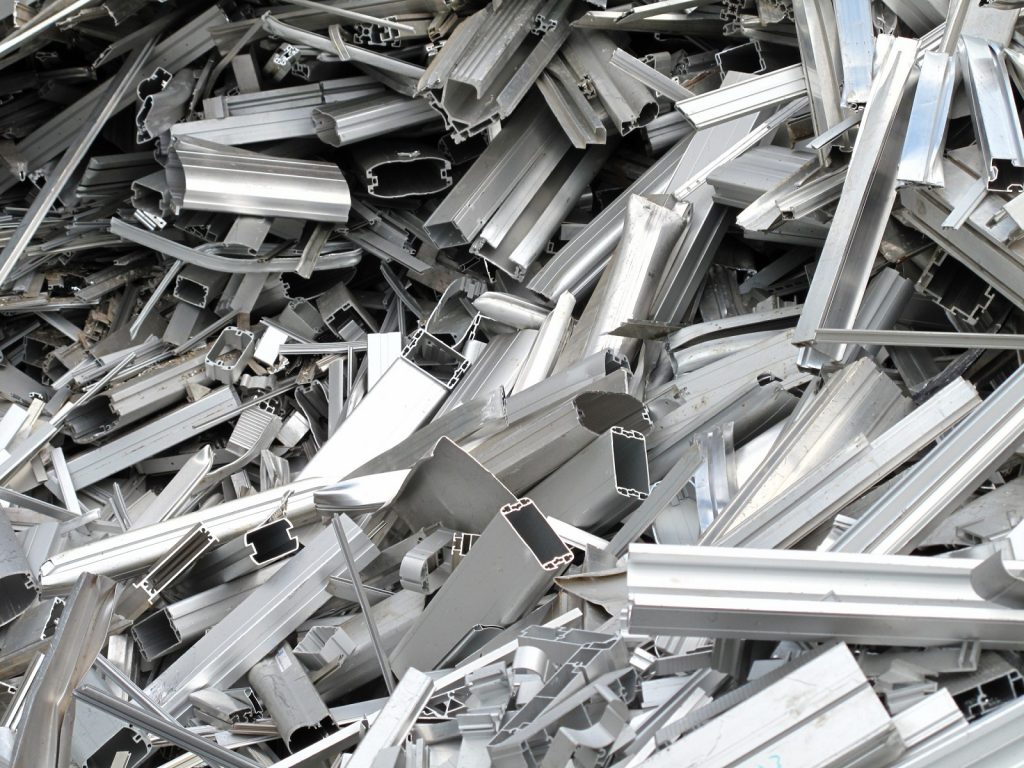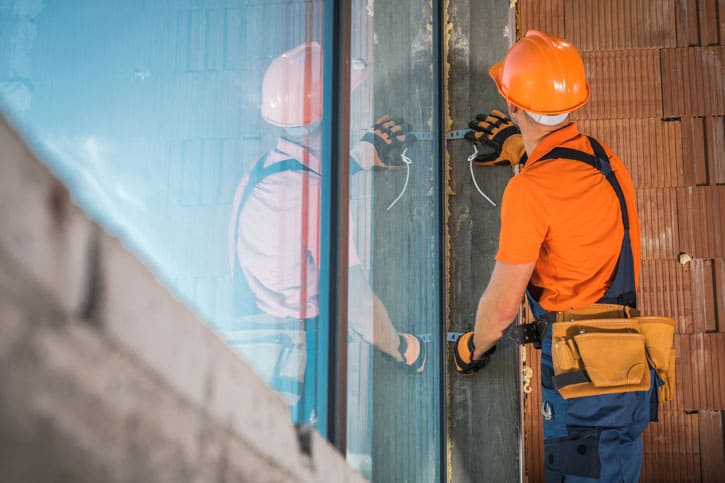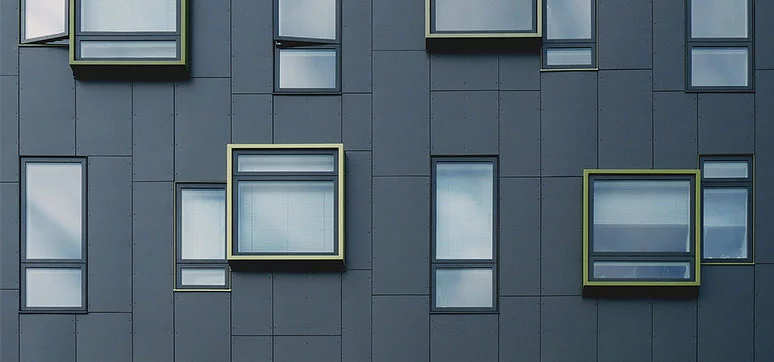Is Aluminium Truly Energy-Efficient? 4 Things You Didn’t Know
In Nigeria’s hot and often humid climate, finding the right building materials can significantly impact comfort, utility bills, and environmental sustainability. Among the many materials used in construction, aluminium often stands out—but not everyone knows why. Is aluminium truly energy-efficient? The answer might surprise you.
In this article, we’ll uncover four little-known truths about aluminium and how it affects your building’s temperature, energy consumption, and long-term value.
1. Aluminium Is 100% Recyclable Without Losing Quality
One of aluminium’s greatest advantages is its infinite recyclability. Unlike some materials that degrade in quality after recycling, aluminium can be reused over and over again without losing its strength or appearance.
Why does this matter for energy efficiency?
Because producing recycled aluminium requires up to 95% less energy than making new aluminium from raw materials. This drastically reduces carbon emissions and costs in the production process.
For eco-conscious builders and clients, using aluminium that contains recycled content is a win-win—it reduces environmental impact while still offering the same durability.

2. Aluminium Reflects Heat – But Also Conducts It
Here’s something many don’t realize: aluminium is both a great conductor and a highly reflective material.
- Reflectivity: Aluminium reflects up to 95% of solar radiation, which means that when used in roofing or cladding, it helps keep buildings cooler by bouncing off the sun’s heat.
- Conductivity: However, it also transfers heat quickly, which can be a disadvantage if used without insulation.
So, is aluminium hot or cold? The answer depends on how it’s used. When combined with proper insulation materials, aluminium becomes an excellent energy-efficient solution, especially for roofing, windows, and external walls.
3. Aluminium Windows and Frames Save Cooling Costs
When used in window and door frames, aluminium offers two key energy benefits:
- Tight sealing: Modern aluminium frames are often paired with double or triple-glazed glass, which prevents air leakage and improves indoor temperature control.
- Low expansion rate: Aluminium does not warp with heat like wood or plastic, so your building stays better sealed over time.
In hot regions like Lagos, Abuja, or Port Harcourt, this can result in significant cooling cost savings, since your air conditioner won’t have to work as hard.

4. Aluminium Supports Modern Sustainable Designs
Many of today’s green-certified buildings rely heavily on aluminium for sustainable design. Architects choose aluminium not only for its sleek, modern look but also for its lightweight properties and performance.
For instance, aluminium is often used in cladding systems and solar panel frames, which are critical elements in passive energy design—the art of designing buildings that naturally regulate temperature.
Aluminium’s strength-to-weight ratio means it supports large panels and glass features without adding unnecessary bulk or cost to the structure

So, is Aluminium Truly Energy-Efficient?
Yes—but with a catch. On its own, aluminium may not always be the best insulator. But when used strategically, especially with insulation and glazing, it becomes a powerful tool for reducing usage, improving thermal comfort, and supporting eco-friendly building practices.
If you’re a homeowner, builder, or property investor in Nigeria, it’s worth considering aluminium not just for its style—but for its real benefits too.
Want to Make Your Next Building Cooler, Smarter, and More Cost-Effective?
At GoldTech Aluminium Nigeria, we specialize in crafting high-quality aluminium solutions tailored for the Nigerian environment.
From durable roofing panels to custom energy-efficient windows and cladding systems, our products are engineered to withstand heat, humidity, and heavy use — without sacrificing beauty or performance.
With years of experience serving clients across Abuja, Kano, and beyond, we know what it takes to combine style, strength, and sustainability in every project.
